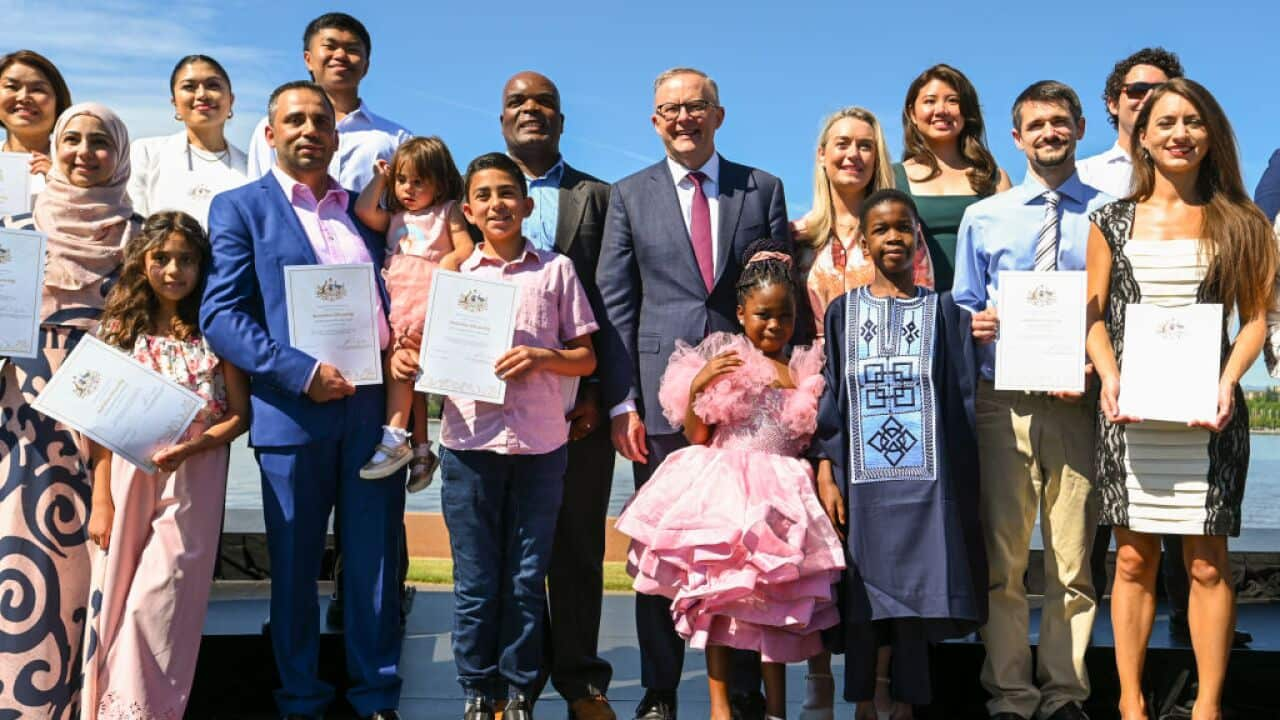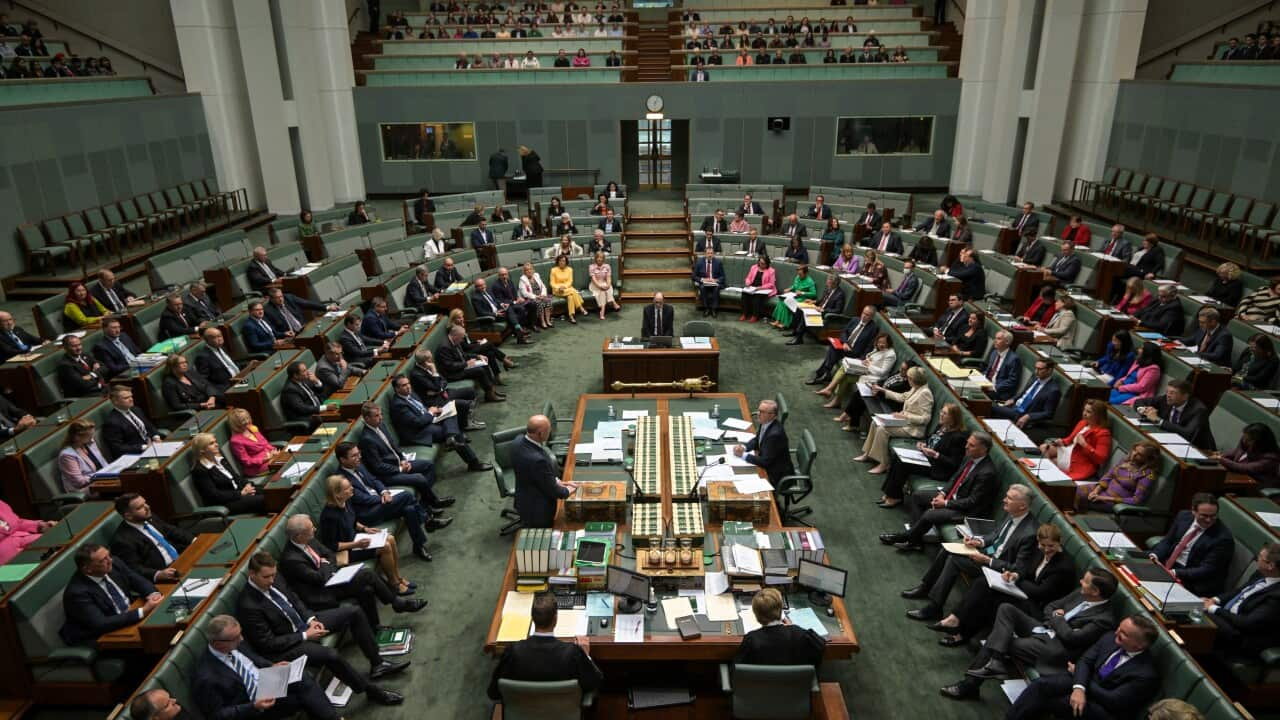This lesson is suitable for intermediate-level learners. After listening, test your knowledge with our quiz.
Learning notes
Different phrases to use when describing a visa status:
- Her partner visa application was refused.
- I’ve submitted my visa application.
- I’d like to appeal the decision regarding my visa application.
- He just got nominated for a sponsor visa.
- My employer submitted my visa nomination.
- He’s waiting for his visa application to be processed.
- My visa has finally been approved.
- My visa was accepted.
- My visa has been granted.
Colloquial expressions:
If you are in for the long haul, you are committed to something for the long term, no matter how challenging or how long it takes.
To appeal a decision means to formally ask for a decision to be reviewed or changed, usually because you believe it was wrong or unfair.
‘It’s not something that happens overnight’ means that that it is not something that happens quickly.
Vocabulary:
A milestone is an important event or achievement that marks progress.
A visa application is a request to a government to get permission to enter or stay in a country.
A visa nomination is the process by which a business or employer applies selects a skilled worker from another country to fill a job. This nomination is part of the process for the worker to apply for a visa to live and work in that country.
To refuse something is to deny or reject it.
Evidence is information or proof that shows that something is true or real.
Granted means ‘given’ or ‘allowed.’ For example, if your visa is granted, it means that the authorities have officially given you the visa after checking your application.
Learning focus:
When we know who is doing something, we use the active voice, as in:
- I share something with each one of you.
- Maria submitted her visa application.
But when we don’t want to – or can’t – say who is actually doing something, we use the ‘passive voice’, usually some part of the verb ‘to be’, as in:
- Her partner visa application was refused.
- His visa was finally approved.
Practise speaking dialogue from this episode:

Bonus Practice: #79 Talking about visas (Med)
SBS English
04/02/202503:37
Transcript:
(Note: This is not a word-for-word transcript)
SBS acknowledges the Traditional Custodians of Country and their connections and continuous care for the skies, lands and waterways throughout Australia.
Hi there! I’m Josipa, and I share something with each one of you: the experience of going through the Australian immigration process. At some stage, we’ve all had, or still have, a VEVO account on the Visa Entitlement Verification Online portal.
In this episode, we’ll look at phrases that can help us talk about our different immigration milestones.
A milestone is an important event or achievement that marks progress. For me, every change in my visa status was a milestone - from getting my first visa to finally becoming a citizen.
As migrants, we’re in for the long haul, which means we’re committed to something for the long term, no matter how challenging or how long it takes. Isn’t that why it’s so useful to practice talking about our visa status? As usual, Allan and Claire are here to help.
Allan
You won’t believe what happened to my friend Maria.
Claire
What’s wrong?
Allan
Her partner visa application was refused.
Claire
Oh no! That must be so stressful.
Allan
They said she didn’t provide enough evidence of her relationship. Now she has to send additional documents to appeal the decision.
Claire
Well... my friend Ravi just got nominated for a sponsor visa.
Allan
Really? That’s great news. Did his employer nominate him?
Claire
Yes, he submitted the nomination some time ago, and it was finally approved. Now he’s waiting for his visa application to be processed.
Allan and Claire’s friends are experiencing very different visa milestones. Let’s look into Maria’s case first. Allan said,
Her partner visa application was refused.
You most probably know from experience, a visa application is a request we make to a government to get permission to enter or stay in a country for a specific purpose such as work, study or visiting family.
Let’s say I apply for a visa to go to Australia because I want to study at a university in Melbourne. In that case, I could say,
I’ve submitted my visa application to study in Australia.
Maria submitted her visa application to live with her partner in Australia, but...
Her partner visa application was refused.
When something is refused it is not accepted. You might also hear or read the terms denied, rejected, declined. They all mean the same thing.
So, Maria applied for a visa, but her application wasn’t successful.
Claire
Oh no! That must be so stressful.
Allan
They said that she didn’t provide enough evidence of her relationship. Now she has to send additional documents to appeal the decision.
Maria didn’t provide enough evidence of her relationship. Evidence is information or proof that shows something is true or real.
For example, let’s say you’re applying for a student visa; you may be asked to provide evidence of financial support, that is, that you have enough money to support you while you are here.
Allan also said,
Now she has to send additional documents to appeal the decision.
So, Maria needs to send additional documents — more evidence of her relationship — so that she can appeal the decision.
To appeal a decision means to formally ask for a decision to be reviewed or changed, usually because you believe it was wrong or unfair. So, if your visa application has been refused, you could say,
I’d like to appeal the decision regarding my visa application.
Remember Claire’s friend Ravi? He had some good news because Claire said,
My friend Ravi just got nominated for a sponsor visa.
When businesses or employers need skilled worker from another country to fill a job in Australia they nominate them, that is, they indicate to the government that they want them to work for them in Australia. This nomination is part of the process for the worker to apply for a visa to live and work here.
For example, if your company decides to sponsor your visa and starts the nomination process, you could say,
My employer submitted my visa nomination.
We all know that going through the process of becoming a permanent resident or citizen of this country takes time. It’s not something that happens overnight!
We can say, ‘It’s not something that happens overnight’ anytime that something takes doesn’t happen quickly. So, the immigration process is one of those things that can require patience and effort over time.
And while we wait for our visa status to change, we can use the phrase Claire used for Ravi when she said,
He’s waiting for his visa application to be processed.
Ravi is waiting for his visa to be reviewed and checked by the authorities – to be processed.
This can apply to things like visa applications, job applications, or any official paperwork that people need to review.
Now, let’s imagine that the waiting game is over. Your visa application has been processed, and you’ve got some good news to share. You could say,
- My visa has finally been approved.
- My visa was accepted.
- My visa has been granted.
‘Granted’ means ‘given’ or ‘allowed.’
For example, if your visa is granted, it means that the authorities have checked your application and officially given you the visa you requested.
Well, congratulations! Having your visa granted is a big milestone! I remember how excited I was when I received an email from the Department of Home Affairs saying that my visa had been granted.
A big thank you to our guest Shamsher Kainth. Paul Nicholson and Lily O'Sullivan voiced the characters of Allan and Claire, and Professor Lynda Yates was our educational consultant.








